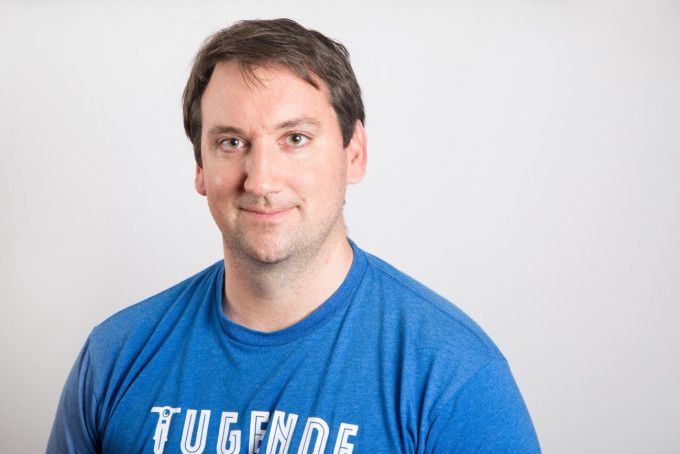Uganda’s Tugende secures $3.6M funding to meet the demand for its asset finance products

Uganda-based technology-enabled asset finance company Tugende announced today that it has secured $3.6 million in a Series A extension round. According to the company, this new funding follows the $6.3 million raised in November 2020 that was led by Toyota Tsusho investment fund Mobility 54. This brings Tugende’s total Series A financing to $9.9 million.
This new round led by San Francisco and Paris-based VC firm, Partech, with participation from Enza Capital, alongside other unnamed angel investors will be used to grow the business, keep up with the high demand for its services offered and it will support the closure of new debt capital to fuel the company’s strong portfolio growth in both Uganda and Kenya.
Tugende, founded by Michael Wilkerson in 2012, uses asset finance, technology, and a customer support model to help micro, small and medium-sized enterprises own income-generating assets. While primarily based in East Africa, the company wants to tackle the $331 billion credit gap facing these businesses across Africa. Its core product is for motorcycle riders in Kenya and Uganda, with a lease-to-own or hire-purchase package. These riders get some training, medical and life insurance, safety equipment, and hands-on support from their first use of the motorcycle to owning it.
Asked what inspired the company’s business model, Wilkerson explained that between 2006 and 2010 when he worked as a Journalist and Researcher in Kenya, he mostly used motorcycles (Boda Boda) for quick and flexible transport. He found it to be very effective, such that he built a long contact list of “go-to” boda boda riders that he would call for rides when the need be. This was before ride-hailing made its way to East Africa. These boda boda riders earned enough to pay motorcycle rent and survive, but not enough to build significant savings. While the little amounts they paid for rent could actually service a loan, traditional banks either required significant collateral or very high down payments.
In 2010, Wilkerson launched ‘Own Your Own Boda,’ a for-profit enterprise to put these riders on a path toward owning their motorcycles. They began informally with handwritten contracts but progressed into using technology to scale the solution from 2013 when it rebranded to Tugende. The CEO claims that once “boda boda” riders join their platform, they can double their take-home profit from $5 to $10 per day after becoming owners.
Aside from motorcycle taxis, Tugende has expanded the productive assets it finances to boat engines, cars, equipment for retail shops, refrigerators, and other income-generating equipment. The company is also currently piloting financing for e-mobility assets.
In 2013, the company pivoted to technology, from this foundation the company built its own interoperable payment gateway in 2017 and launched an in-house credit score in 2019 to allow clients to assess how they are performing.
Remarking on the funding round, Mike Mompi, partner at Enza Capital said “We are particularly enthused by the team’s innovative application of technology, which incorporates a range of social considerations to build a new type of credit score, and which will increase access to capital across a range of African markets where entrepreneurs currently have a limited credit history or access to collateral,”
Tugende currently has more than 43,000 across Kenya and Uganda. Out of that number, 16,000 have achieved full ownership of at least one asset. Over the last few years, the company’s demand has come mainly from word of mouth, a strategy Wilkerson says the company has struggled to keep up with. This funding will provide supply for growing demand and support the closure of new debt capital to fuel Tugende’s strong portfolio growth in Uganda and Kenya.
According to the CEO, the company’s focus is on long-term value and not just on today’s credit transactions alone. He believes this model is what will keep customers in the Tugende ecosystem in the years to come.
Tugende is operating a very unique business model that empowers East-Africans to own their own income-generating assets while providing extra support to see them grow and thrive economically. This equity-based funding will help it scale and continue to provide needed services to East Africans.